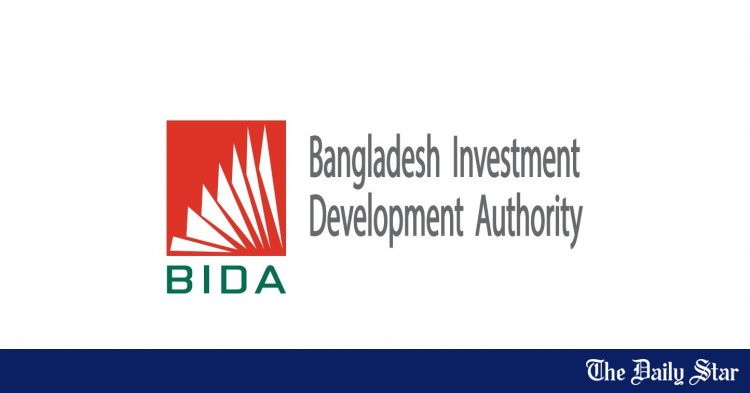[🇮🇳] Jammu & Kashmir
- By Saif
- Indian Defense Forum
- 18 Replies
Five killed as Indian soldiers battle rebels in J&K
Indian security forces in Kashmir yesterday killed at least five suspected gunmen in ongoing clashes, the army said, the latest outbreak of violence in the disputed Muslim-majority Himalayan region.
Five killed as Indian soldiers battle rebels in J&K
Indian security forces in Kashmir yesterday killed at least five suspected gunmen in ongoing clashes, the army said, the latest outbreak of violence in the disputed Muslim-majority Himalayan region.
"Five terrorists have been neutralised by the security forces in the ongoing operation", the Indian army's Chinar Corps said, adding that two soldiers had been wounded in the firefight.
Half a million Indian troops are deployed in the far northern region, battling a 35-year insurgency in which tens of thousands of civilians, soldiers and rebels have been killed, including at least 120 this year.
Indian security forces in Kashmir yesterday killed at least five suspected gunmen in ongoing clashes, the army said, the latest outbreak of violence in the disputed Muslim-majority Himalayan region.
"Five terrorists have been neutralised by the security forces in the ongoing operation", the Indian army's Chinar Corps said, adding that two soldiers had been wounded in the firefight.
Half a million Indian troops are deployed in the far northern region, battling a 35-year insurgency in which tens of thousands of civilians, soldiers and rebels have been killed, including at least 120 this year.









